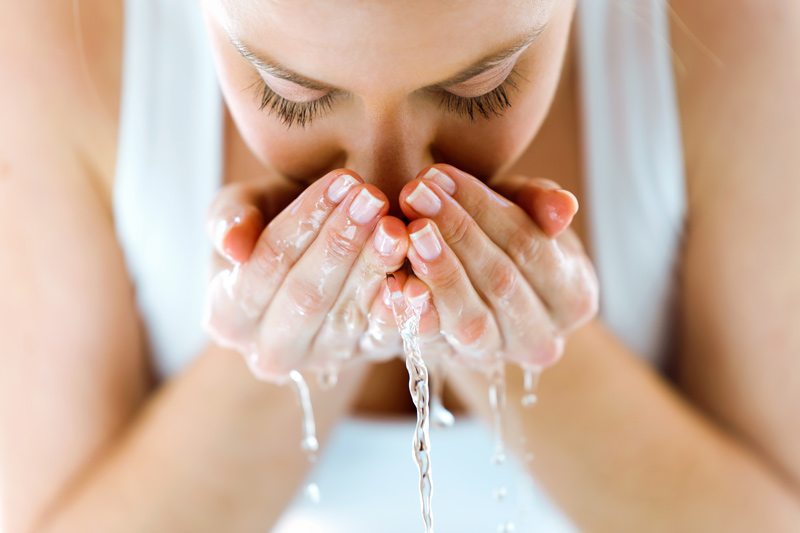We all get them…pimples. If you haven’t had a few, then you just might be the luckiest person on earth. One pimple doesn’t seem like such a big deal, but when they begin to multiply, things can get out of control quickly. Many factors lead to uncontrollable acne, such as your daily routine, what you eat, and how you deal with a breakout. If you have concerns, here’s how to prevent and control acne.
Acne Prevention: Your Daily Routine
It’s the small steps you take every day that add up and help prevent acne breakouts. Following the tips below will help keep acne away and help minimize any issues you may already have.
- Wash your face – Twice daily with warm water and mild soap. A salicylic acid exfoliating cream cleanser or a lightweight cleanser with gentle foaming agents to remove surface debris will work best for acne prone skin.
- Don’t touch – Avoid touching your face throughout the day and remember to wash your hands before doing so.
- Wipe your phone – Clean your phone regularly and hold it away from your face while talking.
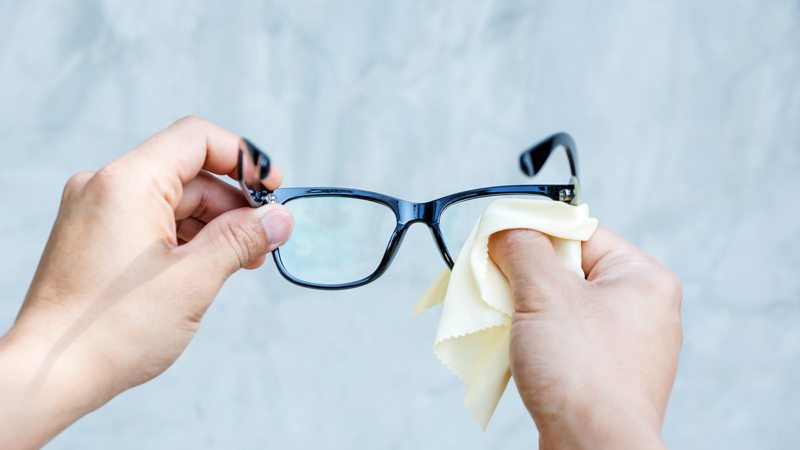
- Clean your glasses – Glasses collect oils and dead skin. When you wash your face, you should wash your glasses too.
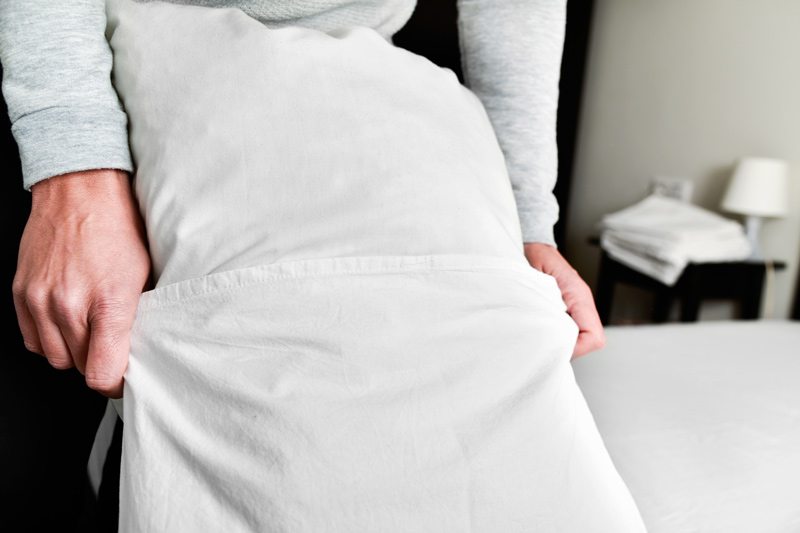
- Change your pillow case – For the best results, change daily.

- Hair care – Keep your hair clean and pulled back away from your face.
- Avoid oil-based products – Choose skin, hair, and makeup products for sensitive skin that are non-comedogenic which do not clog pores.
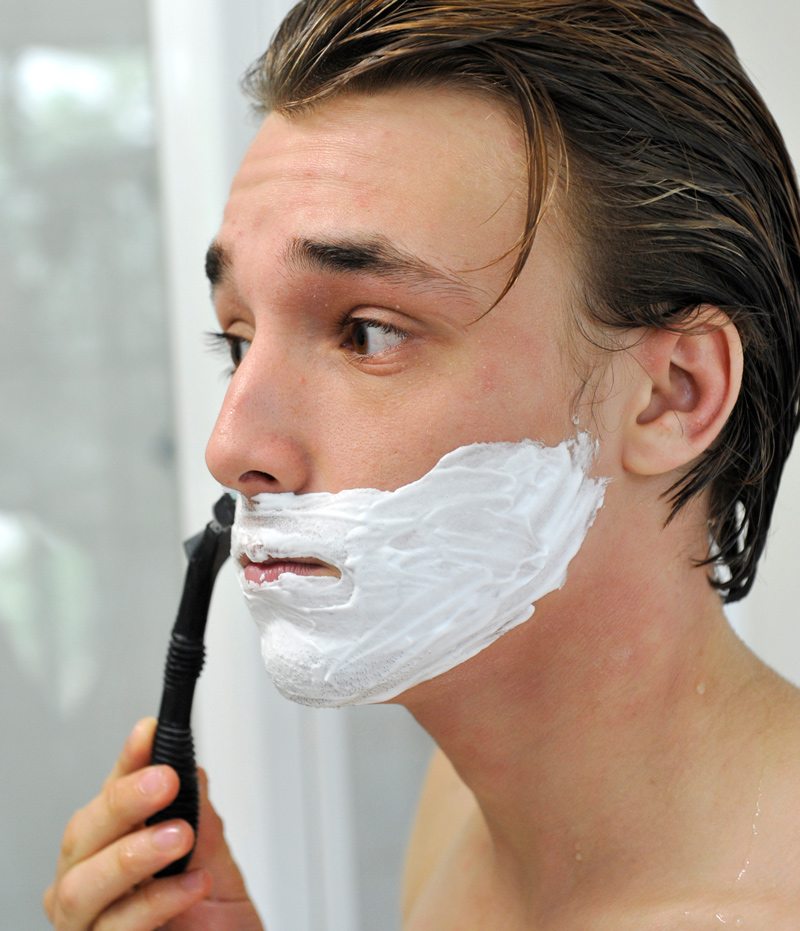
- Soften skin – Before shaving, use warm soapy water prior to applying shaving cream. Make sure your razor is sharp and clean.
- Sun exposure – Many acne medications increase the risk of sunburn. Excessive sun exposure can cause the skin to produce more sebum or oil.
- Anxiety and stress – Cortisol and adrenaline, both produced during high stress times will exacerbate acne.
- Skin care products – It’s important to choose products that don’t irritate the skin and have been proven highly effective. Find a widely trusted skin care product, such as a multi-tasking blemish and age defense serum that fights the formation of acne, minimizes blemishes and scarring, and even reduces the signs of aging.
Foods That Help Control Acne: You Are What You Eat
There are many foods that are thought of as “acne causing” such as pizza, chocolate, fried foods, and caffeine. These foods have not been scientifically proven to bring about acne, but many people react to them by “breaking out” which has caused them to become synonymous.
Identify what triggers YOU to have acne and adjust your intake of those foods accordingly. Here are some of the most common foods that can cause breakouts and a few that will help control acne.
Just Say No
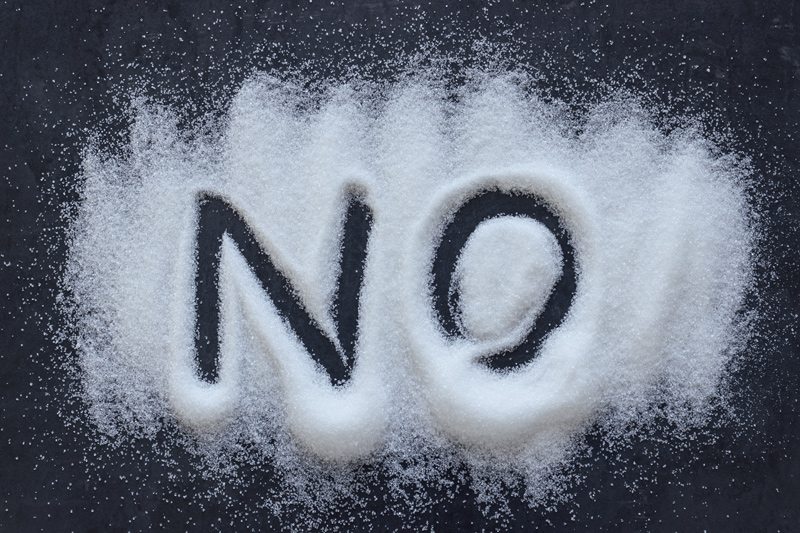
- Sugar – Sugar raises your insulin level which has been linked to oil-triggering hormones. Soda is a major contributor of fructose or sugar that people ingest every day. Choose water and whole-grain options to keep your insulin levels even throughout the day and your skin healthier!
- Iodine – Iodine builds up overtime in the body and causes acne. Choose foods such as shellfish, kelp, and spinach in moderation as eating them may cause large acne flareups.
- Bread and Bagels – Try reducing gluten intake or go gluten free. Gluten increases systemic inflammation and inflammation is a trigger for acne.
- You may have a sensitivity to gluten and not even be aware of it.
- Dairy – Milk related products are hormone-dense. Acne has been linked to hormonal issues. If you have acne breakouts, dairy may be the culprit.
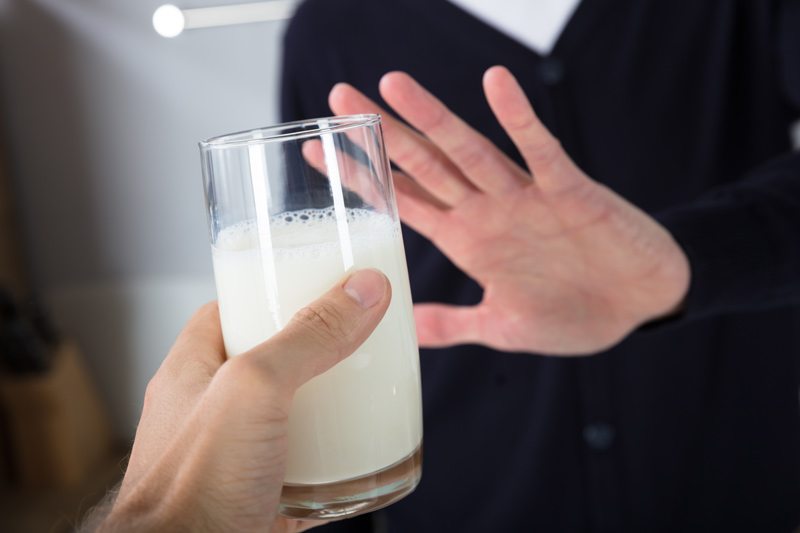
More Please!
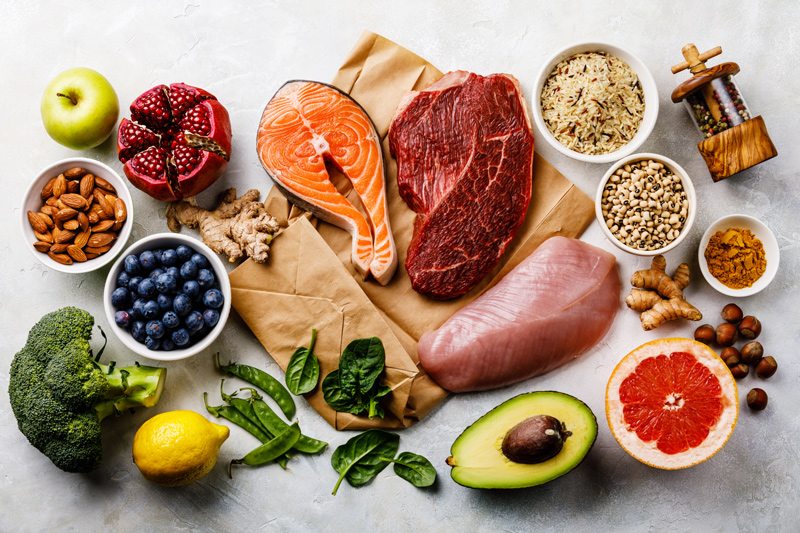
- Cruciferous Vegetables – broccoli, cabbage, cauliflower, brussels sprouts
- Grass-fed Protein
- Healthy Fats – avocado, nuts, salmon, olives
Control Your Acne: When Acne Won’t Go Away
When you already have acne, prevention tips might stop future outbreaks but what can you do in the meantime Here are some ways to handle the breakout you are experiencing right now.
- No scrubbing – Scrubbing and/or rubbing your skin will further irritate the area. Use clean hands or a cloth to lightly pat or touch your skin.
- Avoid popping pimples – This can push infection further down causing swelling and redness. Pooping pimples also leads to scarring.
- Let your skin breathe – Keep your skin free of makeup whenever possible. If acne is on your back, shoulders, or chest, avoid tight clothing.
- Chemical Peels – Chemical peels cause the skin’s top layer to peel away. This removes dead and damaged skin cells which aids in the production of new and healthier cells. Chemical peels will also help minimize scars from acne.
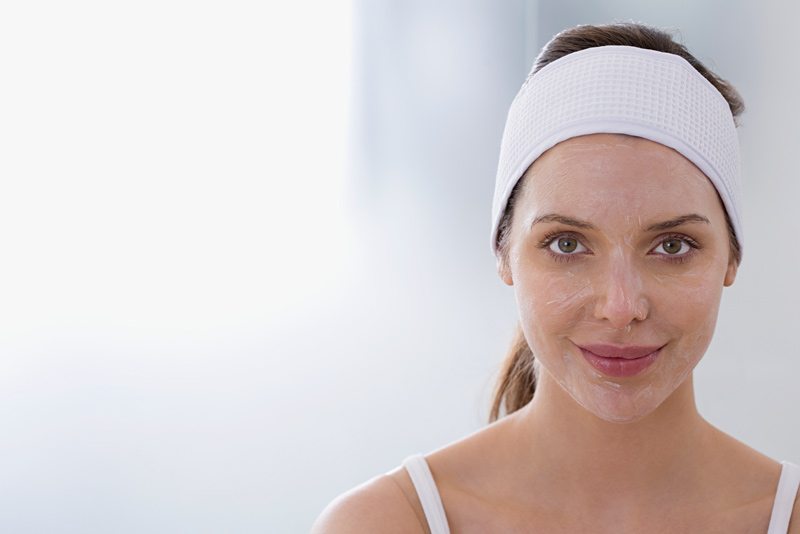
Acne is a common problem. It can be embarrassing for anyone, but treatment is available and has proven to be effective in many cases.

